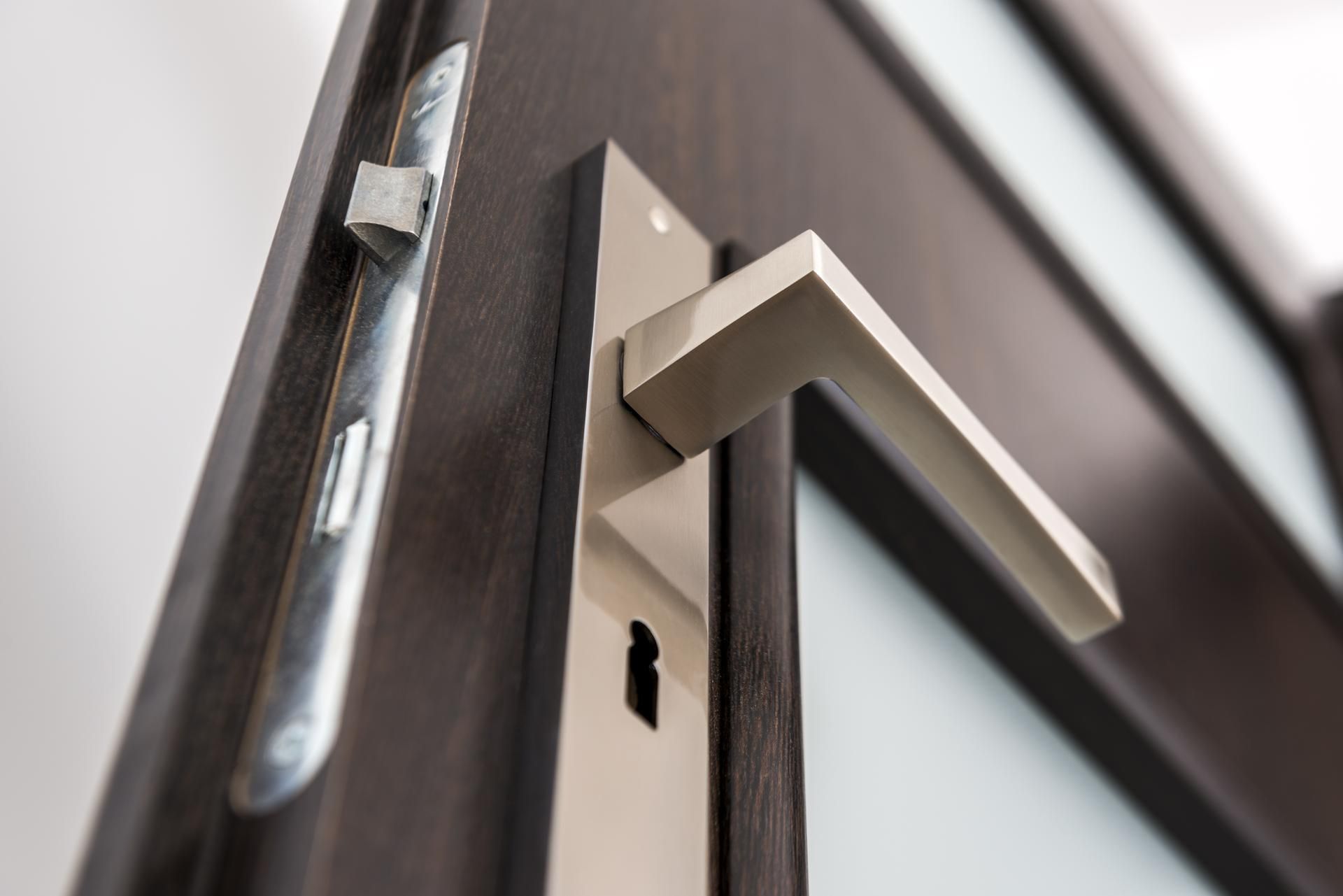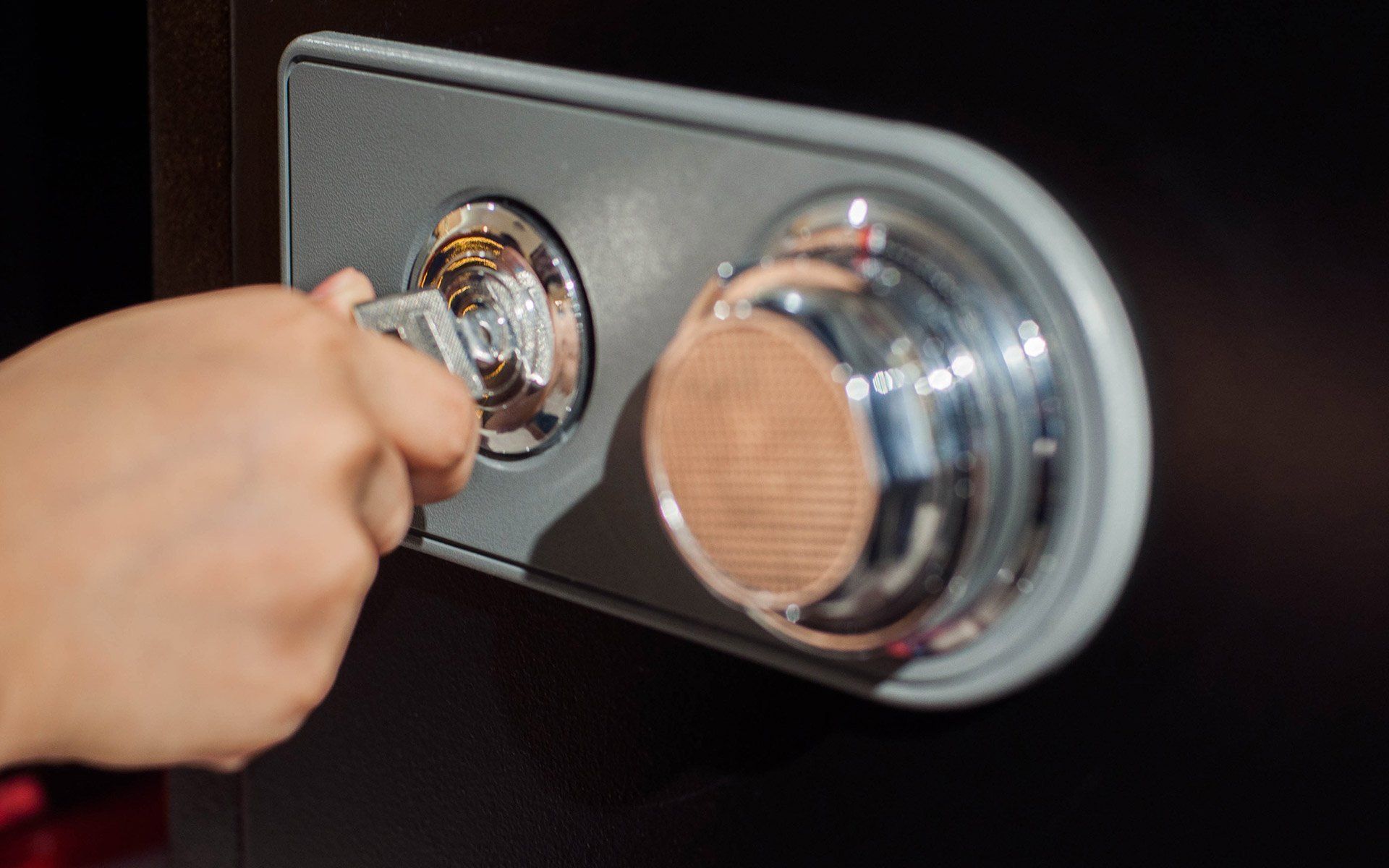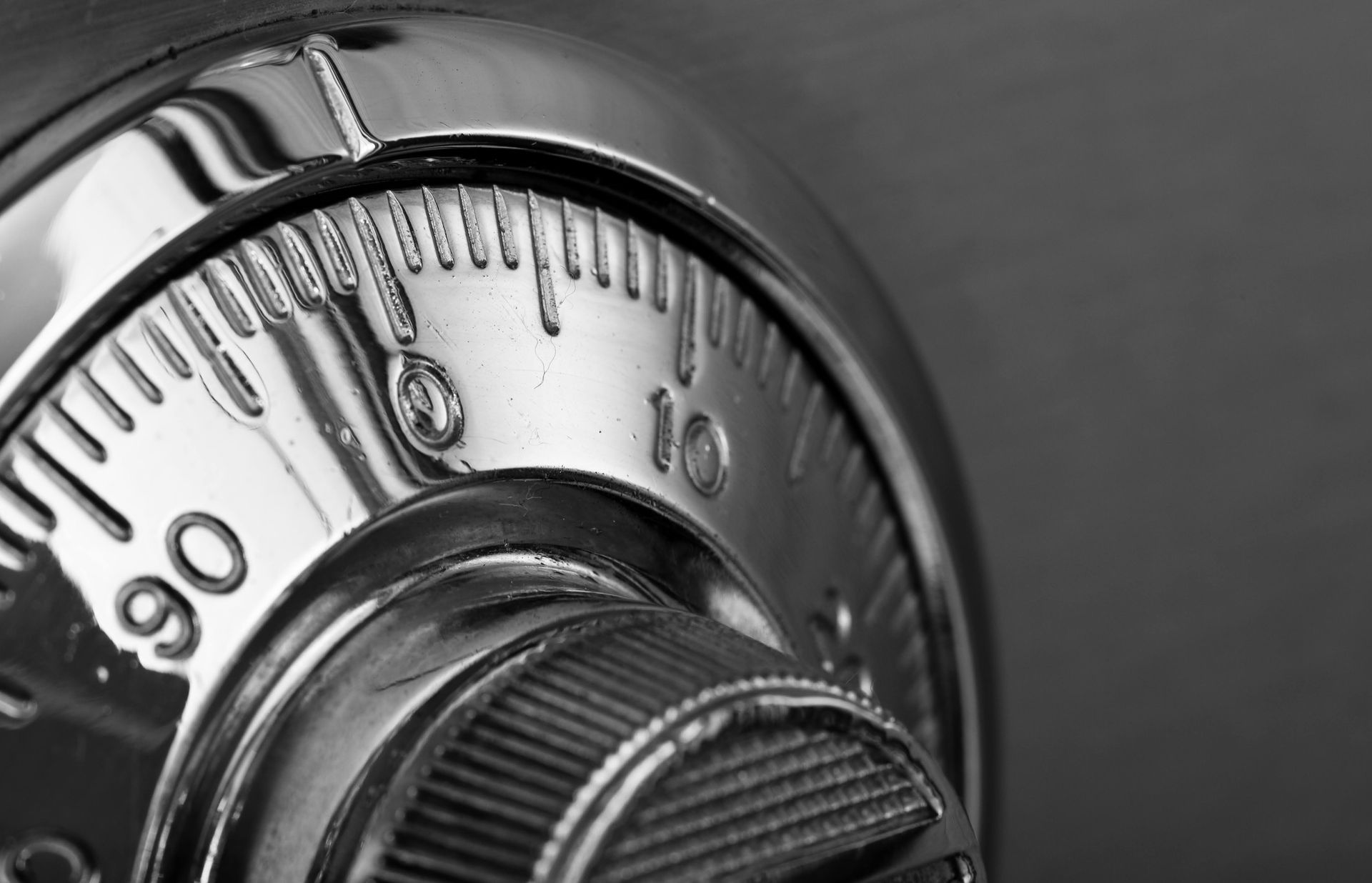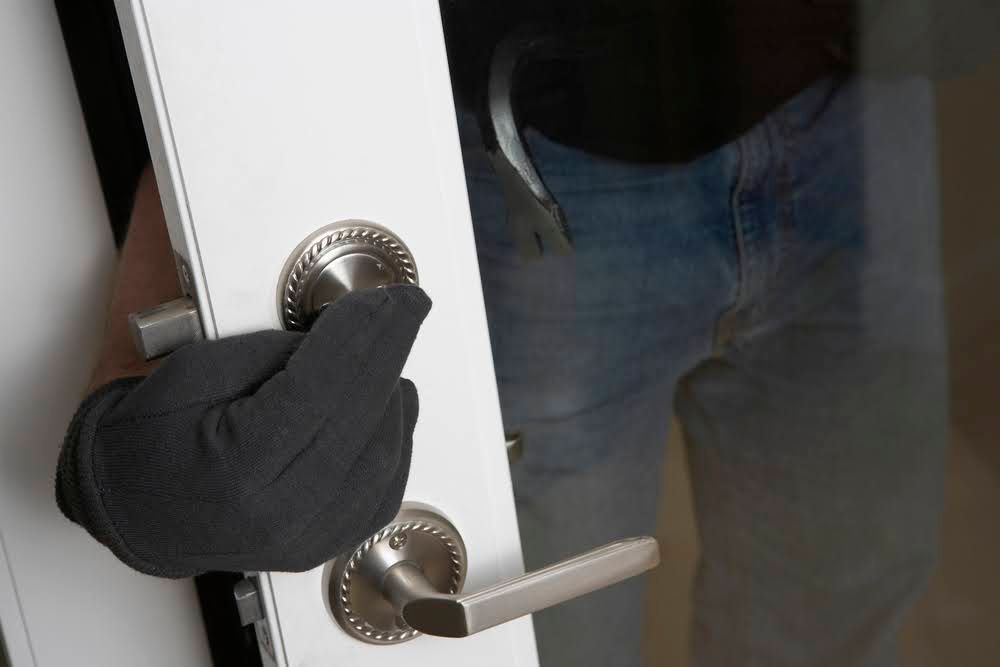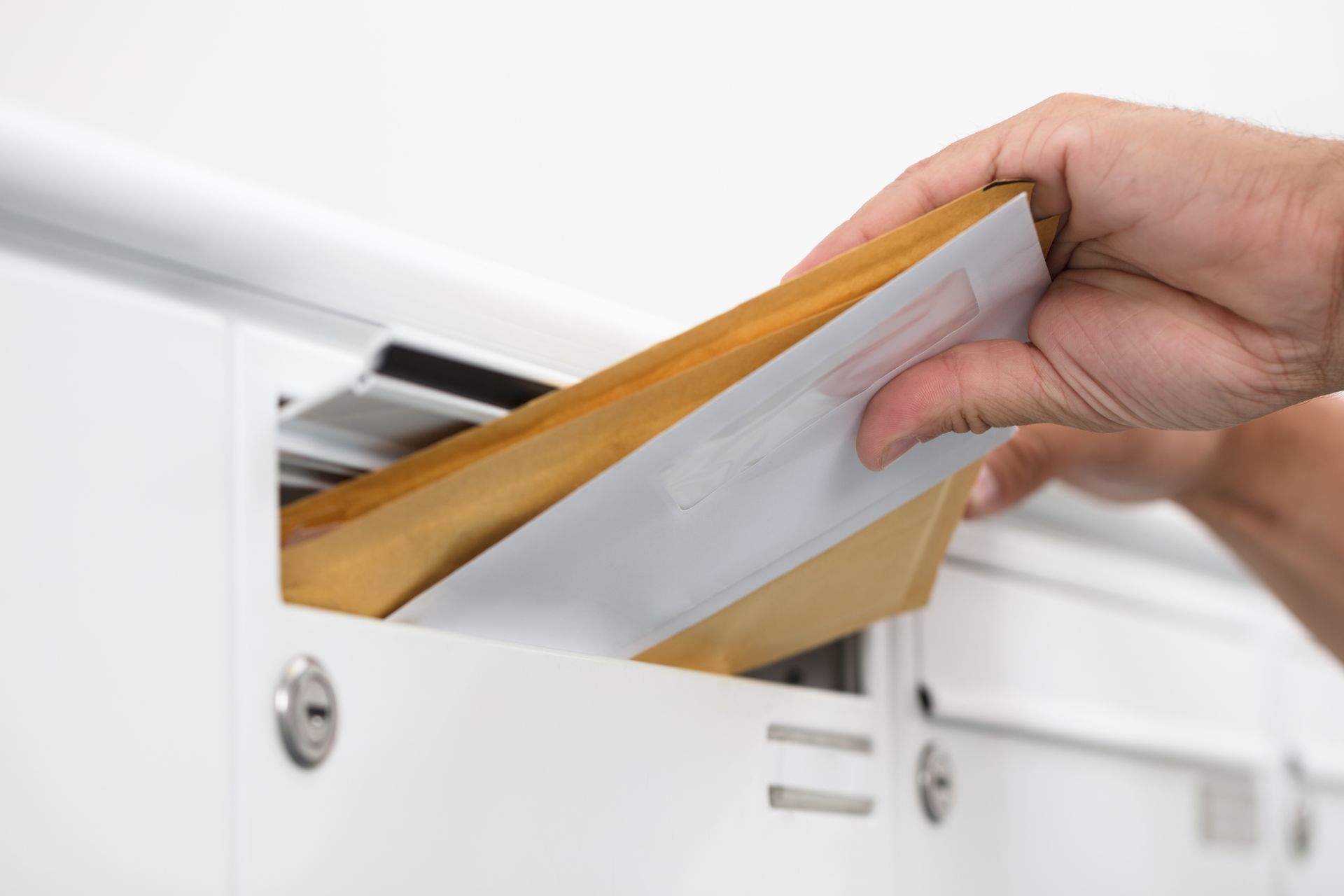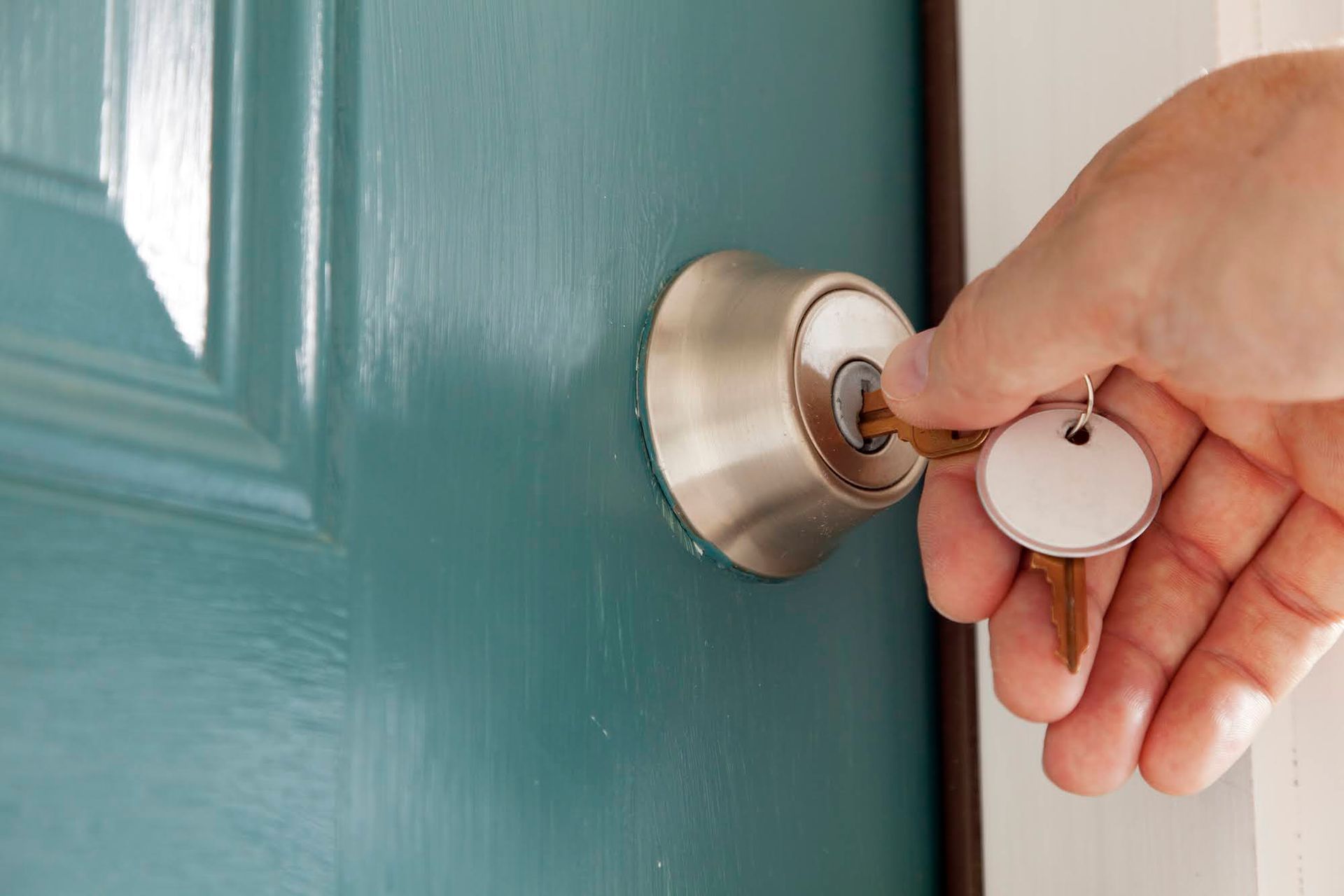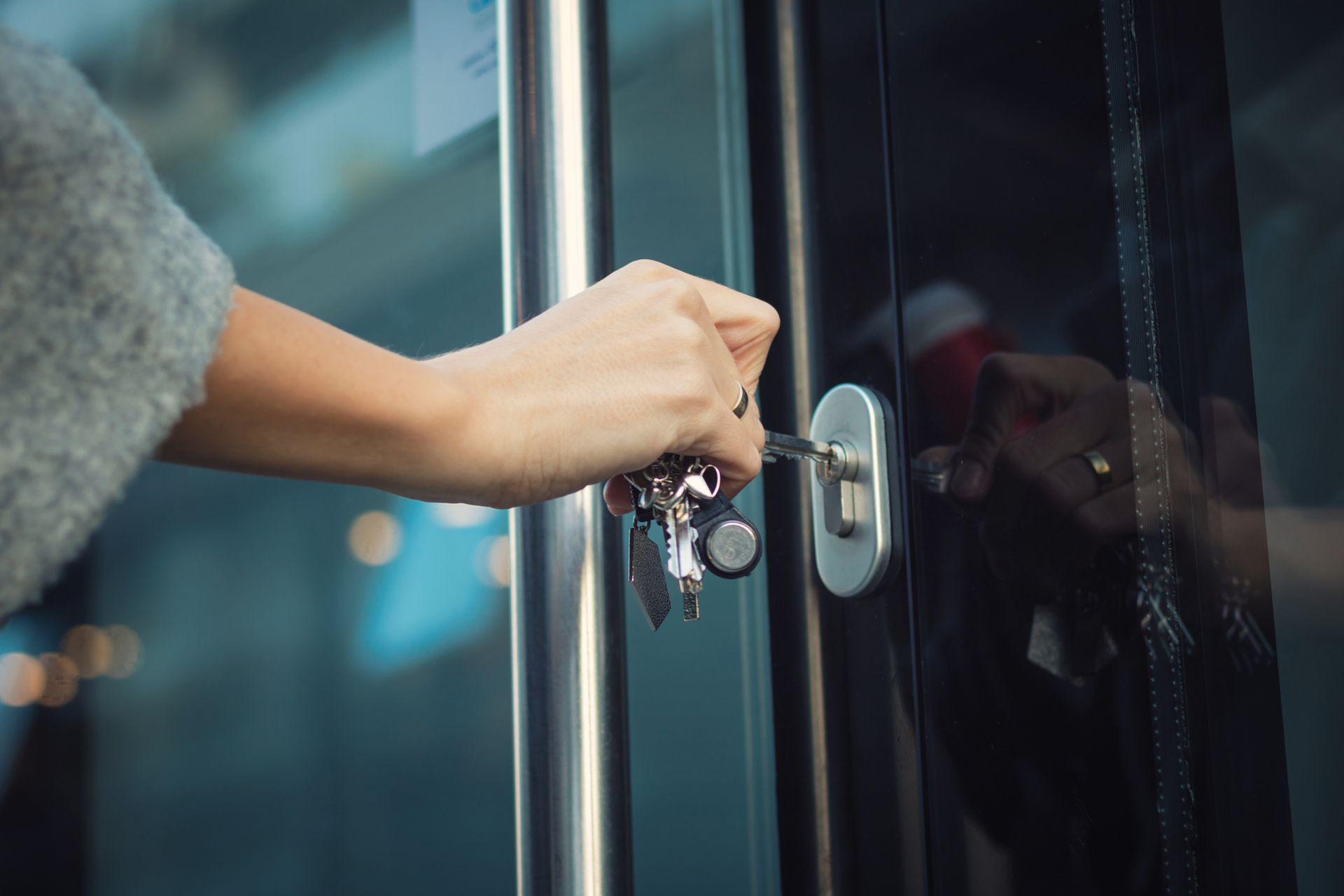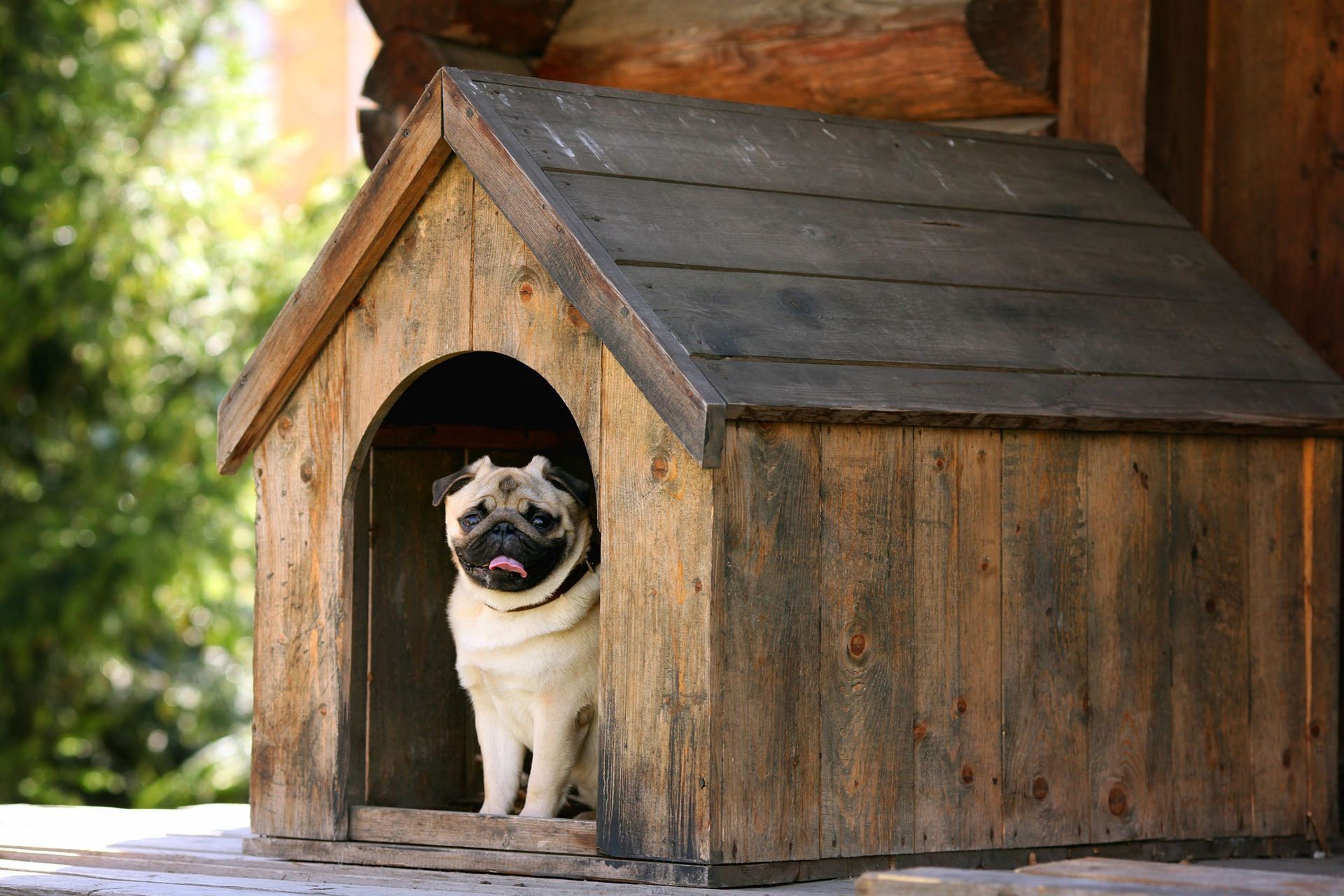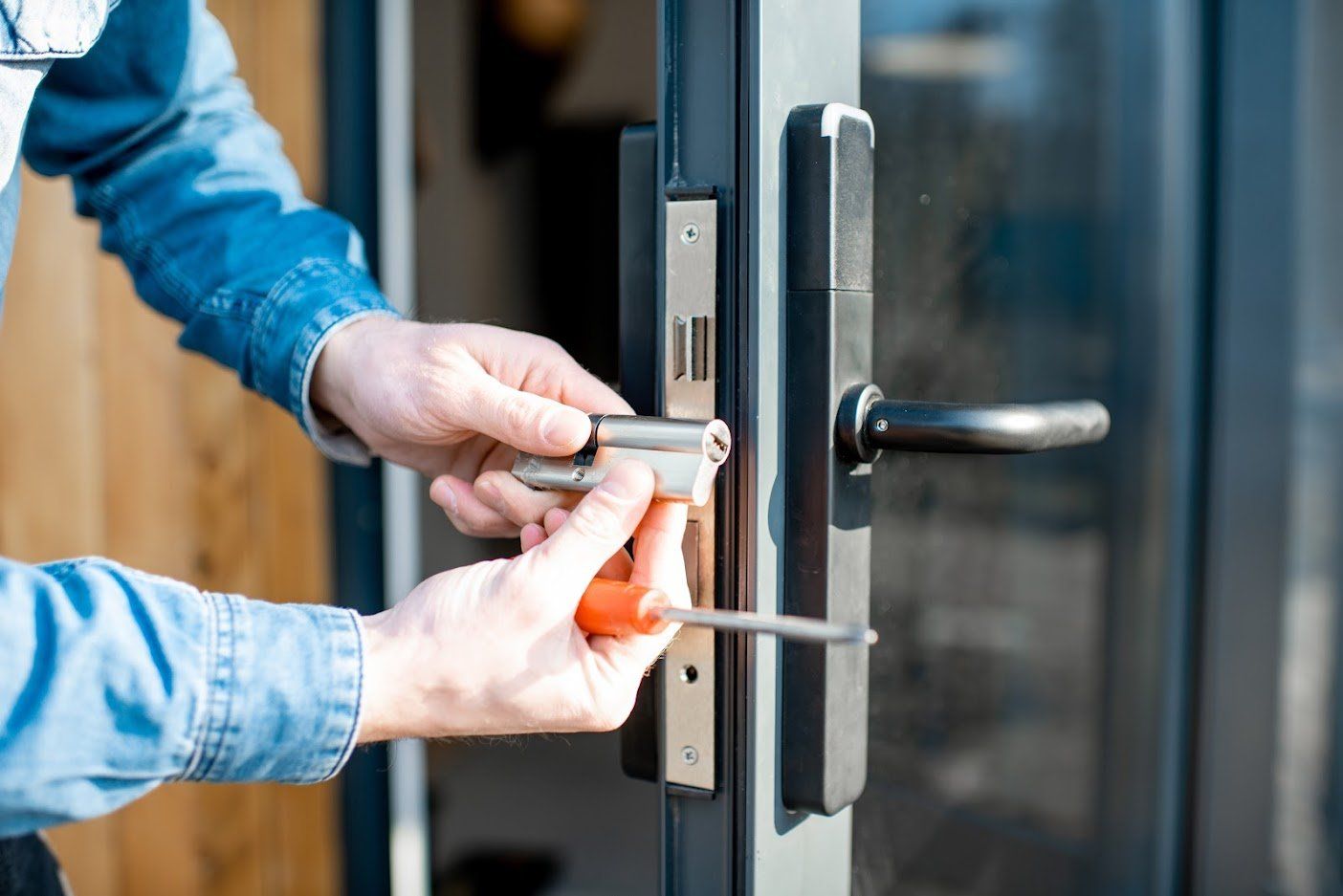Factors to Consider When Selecting New Door Locks
Locks are an essential part of door hardware that you should not overlook. Due to the many options of locks available, choosing the right type of lock can be challenging.
To select the right lock for your residential property, you need to consider several factors. If you overlook any of the factors, you may choose the wrong hardware, thereby compromising your home's security.
The following are some important factors to consider when choosing new house locks.
Lock Type
The conventional door lock is a standard lock with no advanced features. In terms of security, conventional locks range from basic to very high and are common as deadbolts, knob locks, and handle sets.
Security Grade
Security grade is one of the most important factors when shopping for a door lock. American National Standards Institute's (ANSI) three-tier grading system allows you to determine a lock's security level.
Lock grading numbers are a general indication of the strength of the lock. The lock grade is also evaluated based on how many cycles the lock will withstand before deteriorating.
The following is a breakdown of the lock grades:
- Grade 1: A lock has the highest level of security. Lock grade 1 is mainly for heavy-duty commercial use but is also a fantastic option for residential use. Grade 1 locks are robust and durable. The lock should withstand repeated door strikes and high-traffic entry points.
- Grade 2: Lock grade 2 is the next level in testing and security. While grade 2 locks are not as durable and solid as grade 1 hardware, they exceed the security requirements for a residential property.
- Grade 3: The lock provides the least security and strength but is still adequate in many applications. Grade 3 locks offer a decent level of protection for residential interior doors.
Door Compatibility
A lock is only as good as the door you install it on. That said, homeowners should consider the door or panel material that holds the lock. The door material and thickness will determine the lock you should install.
Additionally, you should approach lock design as you would any interior design task. You want your door lock to match your interior finish and style for continuity. A lock may be compatible with the material but not the style.
Door Location
The door handling and function go in hand with the installation location. For the door lock to provide maximum utility, install the right one at the correct location.
Door handling refers to the direction door swings and the natural way you'd want to place your left or right hand on the lever. Most locks are reversible, but door handling information is important if your new lock requires it.
Door handling is an important facet that you shouldn't overlook if you plan on buying lever-style locks. Your locksmith determines door handling from what would be the outside of the door.
Aside from handling, the door's function is critical. A lock set can be any of four main functions: passage, entry, privacy, and dummy sets. Generally, you want privacy locks for your bedroom, a non-turning lock for your pantry, and a keyed lock for your front door for maximum security.
Securing your home begins with choosing the right locks. Thus, carefully weighing your options is essential. If you’ve considered a lock upgrade for your home or business, contact us today for professional installation.

